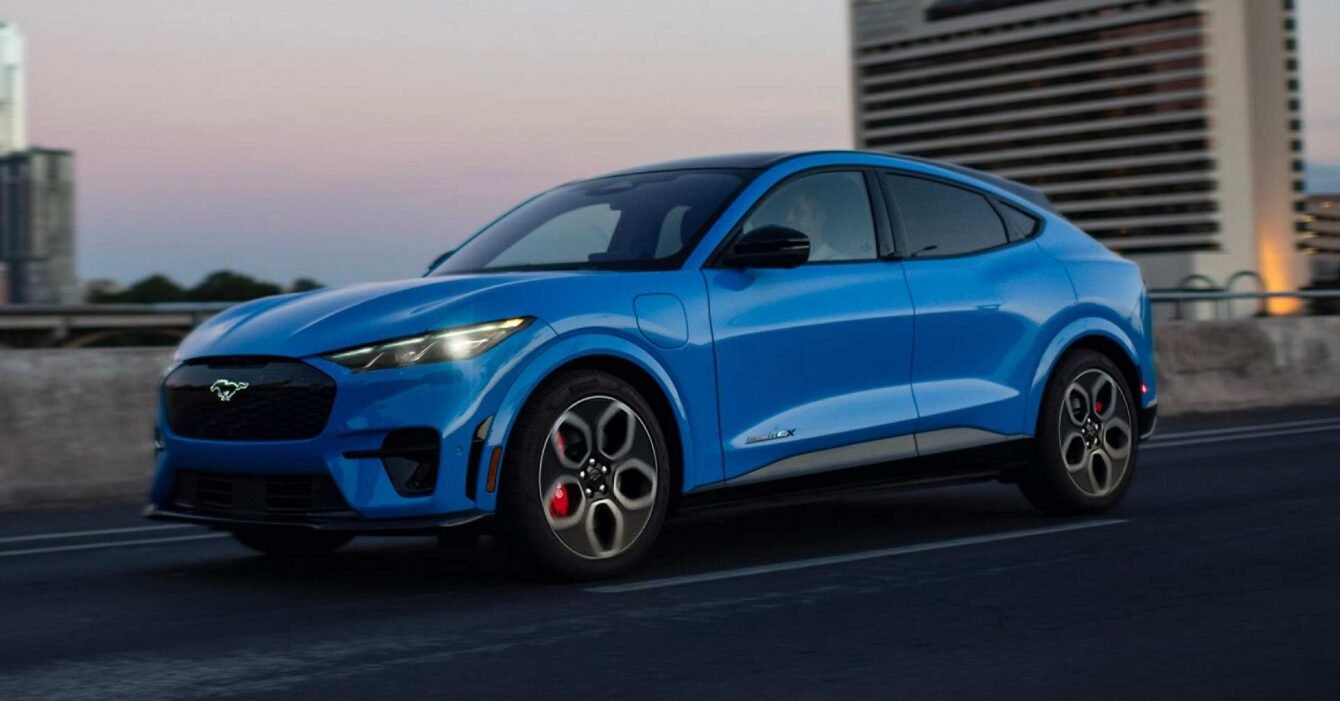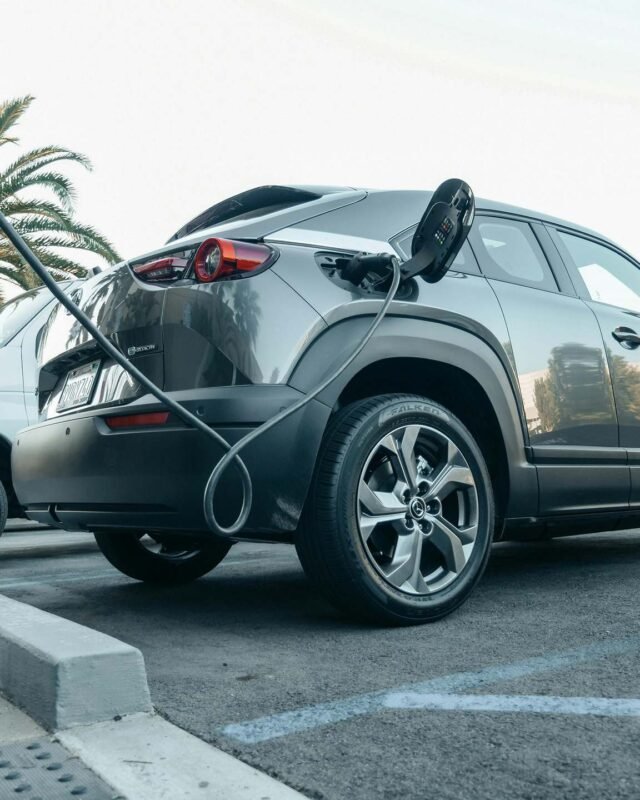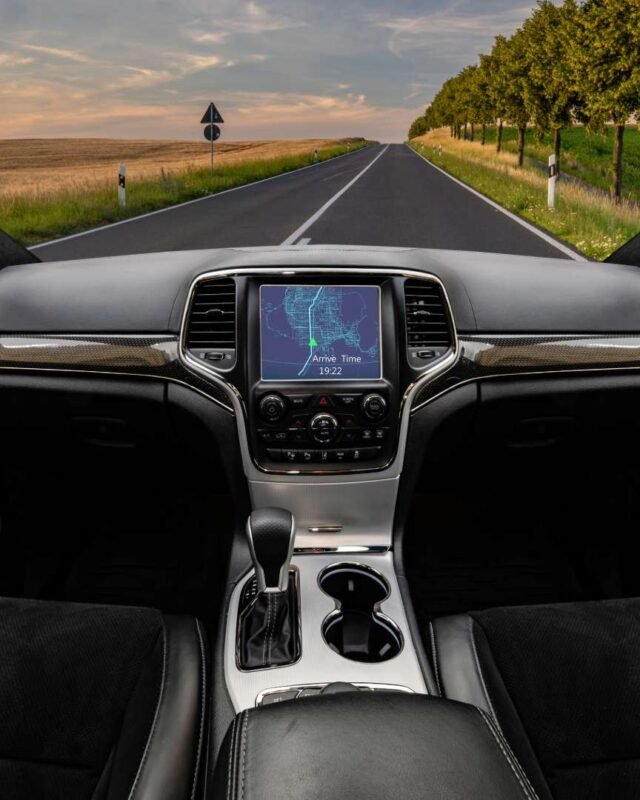Saudi EV & Mobility Trends: 5,000 Fast Chargers and a 155,000 EV Output Signal Scale
Saudi Arabia’s electric mobility ambitions are being built at scale. The Electric Vehicle Infrastructure Company (EVIQ), a joint venture between the Public Investment Fund (PIF) and Saudi Electricity Company, is installing over 5,000 fast-charging stations across 1,000 locations by 2030. This infrastructure push is critical to enabling the country’s goal of transitioning 30% of Riyadh’s vehicles to electric by the end of the decade.

Meanwhile, Lucid Group’s advanced manufacturing facility in King Abdullah Economic City is ramping up production, with a target of 155,000 EVs annually. In Q3 2025 alone, over 1,000 vehicles were assembled at the Saudi plant, reinforcing the Kingdom’s commitment to localizing EV production.
Ford’s 500-1,000 Unit Launch Tests Market Appetite

Ford Motors is entering the Saudi EV market with a cautious rollout of 500 to 1,000 Mustang Mach-E units this November. While the company acknowledges limited regional demand for full battery electric vehicles, it sees potential in hybrid adoption and infrastructure partnerships. Ford’s strategy reflects a broader industry sentiment: EV adoption in Saudi Arabia is just beginning, and consumer education, affordability, and climate resilience remain key hurdles.
Still, the launch aligns with rising momentum in the sector, supported by Saudi EV & Mobility Trends that show a 16% year-to-date increase in auto sales compared to August 2024.
Ceer and Lucid Anchor Homegrown EV Manufacturing
Saudi Arabia’s first native EV brand, Ceer, backed by PIF and Foxconn, is laying the groundwork for a robust domestic supply chain. Ceer’s CEO James DeLuca emphasizes collaboration with global leaders like BMW and Foxconn to ensure technical excellence and long-term scalability. The vision includes vehicle-to-infrastructure communication and smart systems integration, aligning with Saudi EV & Mobility Trends that prioritize innovation and sustainability.
Lucid’s presence complements Ceer’s efforts, with both companies contributing to a diversified EV ecosystem that spans luxury, performance, and mass-market segments.
Smart Cities Like THE LINE and New Murabba Redefine Mobility

Mobility in Saudi Arabia isn’t just about vehicles, it’s about reimagining urban life. PIF’s giga-projects, including THE LINE and New Murabba, are pioneering human-centric design and vertical mobility. THE LINE’s 170km linear city will feature a three-layered structure: pedestrian zones on top, services in the middle, and transport systems—dubbed “The Spine”—at the base.

New Murabba, meanwhile, is building integrated districts connected by a pedestrian “mobility loop,” with shaded walkways, cycle paths, and 15-minute communities. These developments reflect Saudi EV & Mobility Trends that blend infrastructure, sustainability, and digital innovation.
TASARU and EVIQ Drive Private Sector Integration
To scale further, Saudi Arabia is inviting private sector participation through initiatives like TASARU Mobility Investments. Launched by PIF in October 2023, TASARU targets companies that can localize manufacturing and deploy cutting-edge technologies. EVIQ’s partnerships with Black Lane and Universal Motors Agencies aim to expand charging access and public awareness, addressing range anxiety and infrastructure gaps.
These efforts are essential to achieving Saudi Arabia’s net-zero goal by 2060, and PIF’s own target by 2050. With 150 million visitors projected by 2030, Saudi Arabia’s mobility infrastructure must deliver speed, efficiency, and climate resilience.
Also Read: Saudi EV Infrastructure Targets 5,000 Chargers by 2030



